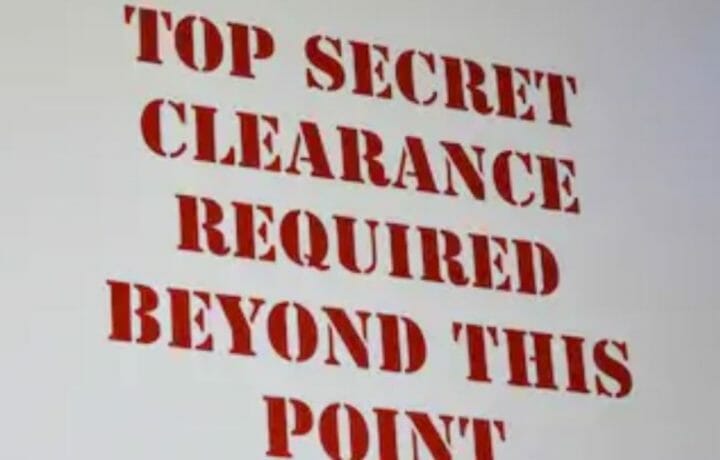When Garland resident Bryan Lasater got out of the Air Force five years ago, he used his secret security clearance to land a civilian job with a major defense contractor.
“I saw my clearance as an opportunity to get my foot in the door,” the 28-year-old former military policeman said. He landed a job with L3 Communications as a liaison between the company and its customers, often government procurement officers. “My clearance helped me get a better job,” he said.
Even then, people with security clearances were in demand. But since 9/11 that demand has risen because of the increased awareness of national security threats, the increased privatization of military operations and the global fight against terror. When it comes to a job search, there are serious security clearance benefits.
With hundreds of thousands of people in line, getting a security clearance nowadays can take more than a year. Companies that don’t want to wait are increasingly seeking out people such as Lasater to fill their ranks. From top-secret job fairs to specialty job boards on the Internet, a network has sprung up to support businesses looking for security-cleared workers.
“There’s more jobs out there than there are people to fill them,” said Evan Lesser, managing director of ClearanceJobs.com.
In the three years since that Web site was launched, it has attracted about 40,000 clearance-holding job seekers, many of them recent veterans. About 2,500 employers have signed up for the site’s services.
Information technology, intelligence, logistics and linguistics specialists are among the most sought-after security-cleared employees, but Lesser said anyone working in close proximity to troops, bases or intelligence is likely to need a clearance.
The government breaks clearances into three basic levels: confidential, secret and top secret. To get a clearance, applicants have to be a U.S. citizen and able to prove themselves trustworthy, honest, reliable, discreet and unquestionably loyal to the United States. The process of doing that can take longer than a year, and wait times have been rising because of government staffing shortages and an increase in the number of investigations requested by civilian employers.
In fiscal 2004, the government received requests for 1.4 million background investigations for security clearances, an Office of Personnel Management spokesman said.
CACI International Inc., a Virginia-based IT company with a San Antonio location, has a section on its Web site designed especially for job seekers with top-secret clearance.
Last week, five San Antonio job openings were posted on clearancejobs.com. One, from Boston-based Keane Inc., offered a salary of between $100,000 and $150,000 to an Oracle software expert with a top-secret clearance, about 20 percent more than would probably be offered for someone without the clearance.
Another posting, from the Ohio-based Battelle Memorial Institute, was seeking a project manager with a secret security clearance and experience in environmental planning. The salary for that position was not disclosed, but premium pay for clearance holders is not uncommon, experts say.
“We’ll see anywhere from 5 to 35 percent salary premiums for someone with a clearance as opposed to someone with similar qualifications but no clearance,” said Richard Piske, vice president and general manager of Maryland-based Kelly FedSecure. “There’s a significant challenge in finding people that have the right technical skills and the right security clearance for some of these jobs.”
Between 2 million and 3 million Americans currently hold security clearances.



